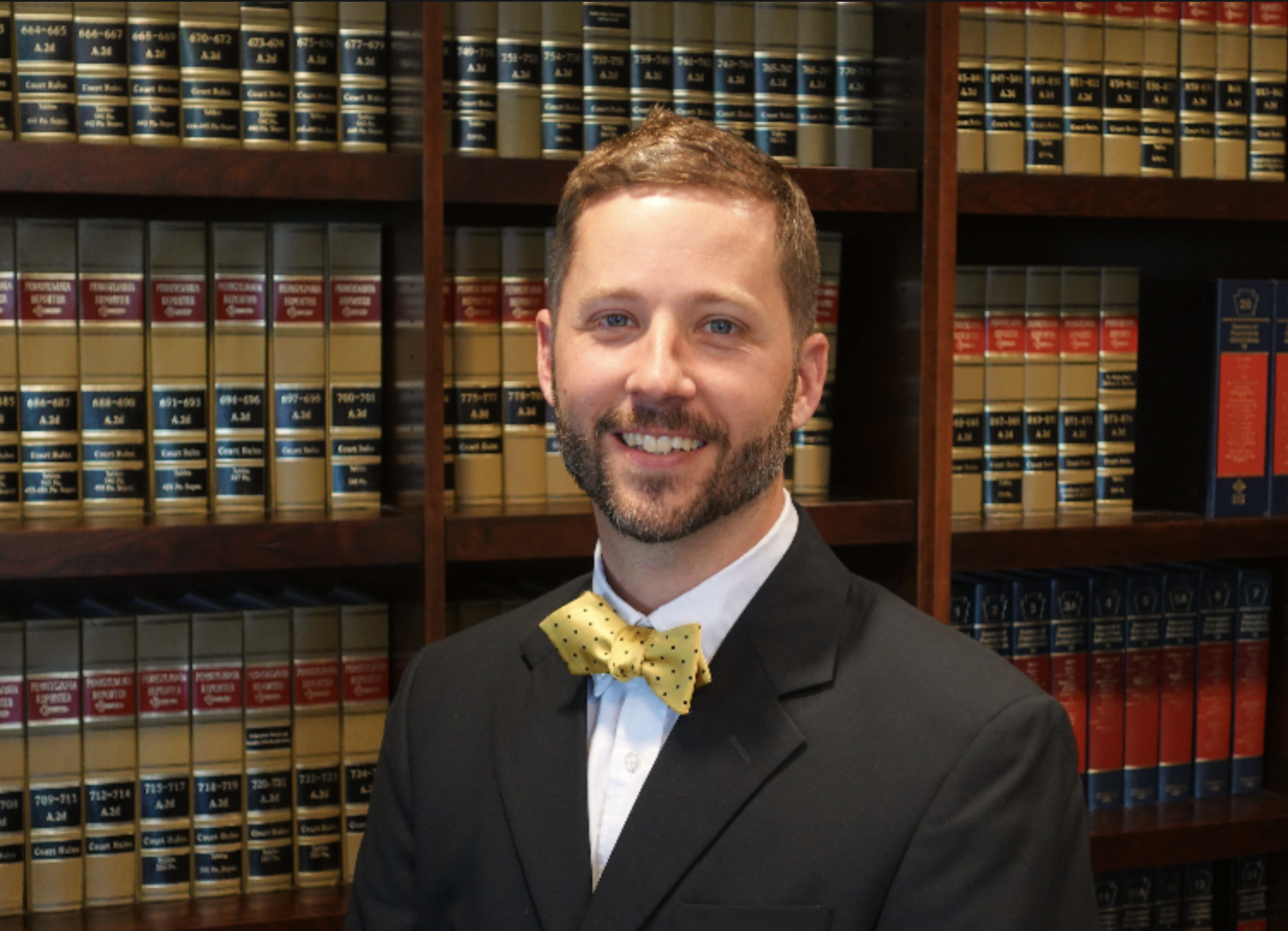
| Post Mahanoy Update |
| Considering disciplining a student for off-campus speech? Proceed with caution, the Supreme Court says. The Court held 8-1 in Mahanoy Area School District v. B.L. that because the interests of the school in regulating the particular speech in question were diminished given their content and off-campus setting, the student’s one-year suspension from the cheerleading squad was a violation of her First Amendment rights. |
| A Limited but Significant Holding |
| Rather than a bright-line rule prohibiting regulation of off-campus speech, the Supreme Court sided with the plaintiff largely based on its long-lasting precedent in Tinker v. Des Moines (1969), which limits regulation on most school speech other than that which substantially and materially disrupts the school’s educational mission. Because the school district failed to show a substantial and material disruption or that any of the other specific exceptions applied, the Court upheld the Third Circuit’s decision while rejecting their rule. Off-campus speech may be restricted, but only under different circumstances. The petitioner, a freshman at high school at the time, posted pictures to her Snapchat that showed her and a friend holding up their middle fingers accompanied by text that read, “f– school, f– cheer, f– softball, f– everything” and questioning the decision of coaches to exclude her from the Varsity Cheerleading squad. At the time of posting, the student and her friend were off-campus. The “snap” was viewed by approximately 250 friends that weekend, including classmates and members of the cheerleading team. In response, the school suspended her from the JV team for a year. When the school refused to reconsider its decision after the student apologized, her parents filed in District Court. The Supreme Court viewed the case as one of “pure speech,” such that “were [the student] an adult, the First Amendment would provide strong protection.” They declined to make a clear distinction between off-campus and on-campus speech. “Unlike the Third Circuit,” the Court said, “we do not believe the special characteristics that give schools additional license to regulate student speech always disappear when a school regulates speech that takes place off-campus.” Instead, the Court said that the school-specific exceptions carved out in previous cases might still apply to off-campus speech, given situations such as “serious or severe bullying or harassment targeting particular individuals; threats aimed at teachers or other students,” and computer-related rule violations. How they might apply, and to what extent, are questions the Justices left “for future cases.” One such case may be J.S. v. Manheim Township School District, argued before the Pennsylvania Supreme Court this month, which considers Due Process and First Amendment claims after a student was expelled for posting online “memes.” Arguably, the long-term effect of the decision may be to grant schools discretion to regulate off-campus speech that either causes or can reasonably be forecasted to cause substantial disruption (Tinker), or is an extreme case of one of the previously created exceptions of obscene (Fraser), drug-related (Morse), or school-sponsored (Kuhlmeier) speech. |
| Practical Implications |
| The Court’s decision in Mahanoy does not require schools to make any immediate changes to their approach to discipline. If anything, they can be more confident that just because the speech occurred off-campus, doesn’t mean they cannot discipline the student subject to the Tinker material disruption standard or under the other limited exceptions. Schools should recognize that because their interest in regulating off-campus speech is diminished, only under egregious circumstances is their discipline certain to hold up against a challenge. As always, policies communicated clearly and enforced in a predictable and under pre-established procedure is best practice. Coaches and leaders of extra-curricular school-sponsored activities may be wondering what the decision means for them specifically. Because the discipline in Mahanoy came from the school administration, the Court’s decision provides only limited guidance. Under the specific facts of the case, the Court suggested that the concern for morale and “negativity” voiced by one of the cheerleading coaches did not amount “to the point where it could create a substantial interference in, or disruption of, the school’s efforts to maintain team cohesion.” Coaches should assume that their authority to regulate speech is similar to that of a classroom teacher, and face the same considerations when addressing speech that occurred outside of practices, games, and official team events. The Supreme Court may have sided with the student in Mahanoy, but the decision is best understood as a nod to the realities of administering schools in the age of modern teenage communication: digital, online, and pervasive. Teachers and administrators are forced to address so-called “off-campus” speech almost every day. And now at least there’s a little more guidance to proceed on. |

Asahel Church
Summer Associate
Asahel will be completing his final year at Penn State University’s Dickinson School of Law in 2021-2022. He is a Senior Editor of Dickinson’s Law Review and a member of the Dickinson Law National Trial Team for 2021 -2022. Asahel and a partner won the 2021 Dickinson Mock Trial Competition.
Asahel is a CALI award recipient in Legal Writing and Education Law. He works as a Graduate Research Assistant, participating as part of a team analyzing local zoning ordinances to identify specific language on solar power projects in Pennsylvania’s 2000+ municipalities. He is a Law Lion Ambassador, Vice President of the Christian Law Community at Dickinson, and a Christian Legal Society Fellow.
Asahel may be reached directly at (717) 848-4900, Ext. 181 or by email: achurch@cgalaw.com.

